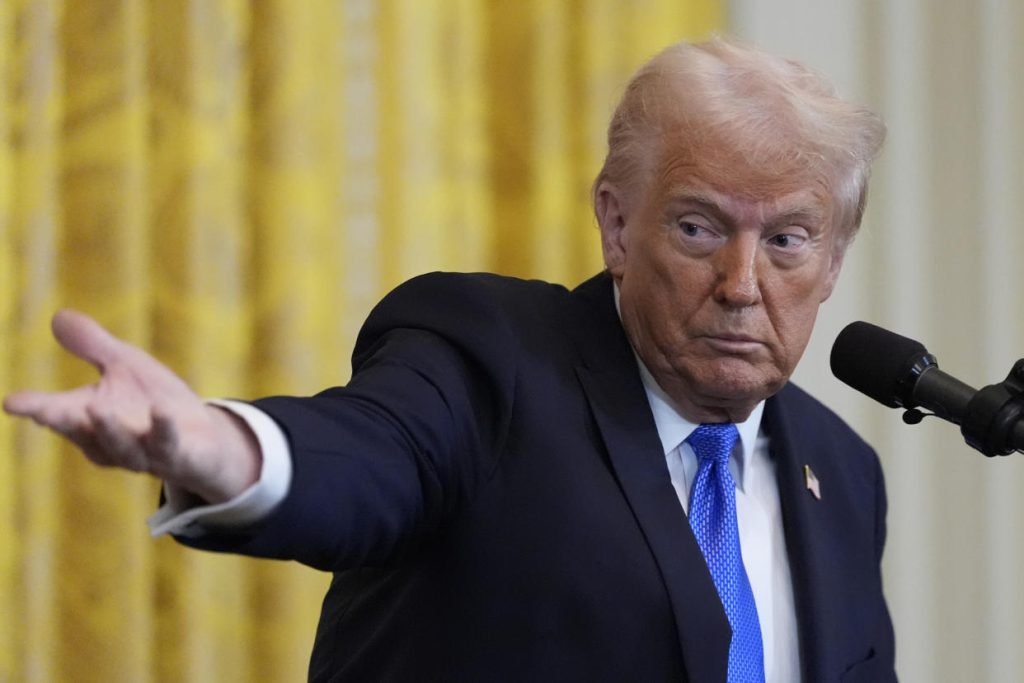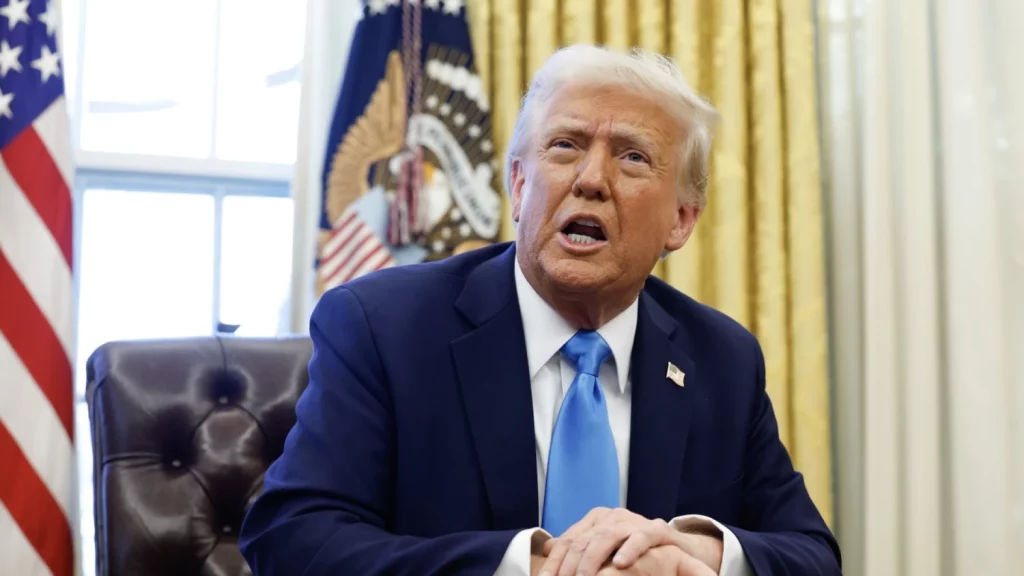In a move that has ignited intense legal and ethical debates, President Donald Trump invoked the Alien Enemies Act of 1798 to expedite the deportation of alleged members of the Venezuelan gang Tren de Aragua (TdA). This unprecedented application of a centuries-old wartime statute in a peacetime context has raised profound questions about executive authority, due process, and the balance between national security and individual rights.
Background on the Alien Enemies Act
The Alien Enemies Act, enacted in 1798 as part of the Alien and Sedition Acts, grants the President authority to detain and deport non-citizens from hostile nations during times of declared war or invasion. Historically, it has been invoked during significant conflicts, such as the War of 1812, World War I, and World War II, primarily targeting nationals from enemy countries. Its application in a non-war context, as seen in the current administration’s actions, is unprecedented and has sparked legal scrutiny.
The Administration’s Rationale
President Trump justified the invocation of the Alien Enemies Act by characterizing the influx of TdA members as a “predatory incursion” threatening national security. The administration designated TdA as a foreign terrorist organization, asserting that swift action was necessary to protect public safety and maintain order. Acting ICE Director Todd Lyons reported that over 68 alleged TdA members were arrested within 48 hours of the operation’s commencement, highlighting the administration’s commitment to addressing what it perceives as an urgent threat.
Legal Challenges and Judicial Intervention
The administration’s actions faced immediate legal challenges. The American Civil Liberties Union (ACLU) and Democracy Forward filed a lawsuit arguing that the use of the Alien Enemies Act in this context is unlawful, as the United States is not in a state of declared war, and the targeted individuals are not nationals of a country at war with the U.S. They contended that this application bypasses established immigration laws and due process protections.
U.S. District Judge James E. Boasberg issued a temporary restraining order halting the deportations, expressing concerns over the legality of the administration’s actions and potential violations of due process rights. Despite this order, reports indicate that deportation flights proceeded, raising questions about compliance with judicial directives.
Case Study: The Deportation of Anyelo Jose Sarabia
The case of 19-year-old Venezuelan asylum seeker Anyelo Jose Sarabia illustrates the contentious nature of the deportations. Sarabia was deported after authorities identified his rose tattoo as evidence of affiliation with TdA, despite his and his family’s assertions that the tattoo had no gang-related meaning. This incident underscores concerns about the criteria used to determine gang affiliation and the potential for misidentification.
International Implications: Deportations to El Salvador

The deported individuals were transported to El Salvador and detained in the Terrorism Confinement Center (CECOT), one of the world’s largest prisons. Many deportees reportedly believed they were being returned to Venezuela, highlighting a lack of clear communication and due process. The swift nature of these deportations and the conditions in which the individuals are held have drawn criticism from human rights organizations and legal experts.
Government’s Position and Criticism
The Trump administration defends its actions by asserting that TdA poses a significant threat, necessitating swift measures to protect public safety. They argue that existing immigration procedures are insufficient to address the urgency posed by such criminal organizations.
Critics, however, view this invocation as an overreach of executive power. Legal experts and civil rights advocates warn that employing a wartime statute in peacetime sets a dangerous precedent, potentially eroding constitutional safeguards and enabling arbitrary actions without adequate judicial oversight.
Congressional Response
Members of Congress have also voiced concerns. Senators Dick Durbin, Alex Padilla, Cory Booker, and Peter Welch issued a joint statement condemning the administration’s use of the Alien Enemies Act, describing it as a “brazen power grab” that undermines fundamental principles of due process and the rule of law.
Historical Context and Implications
The Alien Enemies Act has rarely been invoked and primarily during formal wartime periods. Its use in the current context raises significant constitutional questions about the separation of powers, the scope of executive authority, and the protection of individual rights.
As legal proceedings continue, the outcome of this dispute will likely have profound implications for immigration policy, executive power, and civil liberties in the United States.

